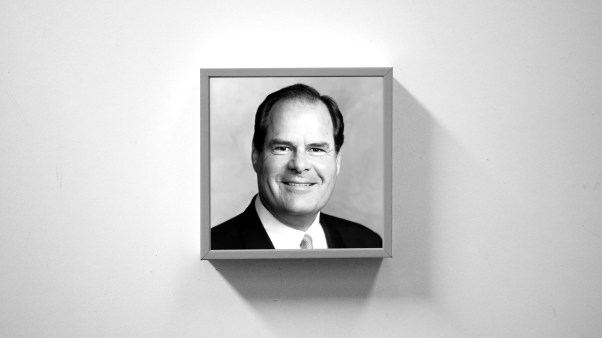The death of cigarette-smoker Everett Dirksen shortly after an operation for lung cancer highlights a matter that should be of growing national concern. The consistent conclusion of more than 2,000 studies using many different approaches is that smoking is a cause of lung cancer and other diseases. Doubtless mistakes have been made in the conducting of some of the tests, but the possibility that all of them are wrong is too remote for reasonable people to entertain. A recent Gallup poll shows that even three out of five smokers believe that smoking and lung cancer are related. (Four out of five non-smokers, young adults, and college-educated persons agree.)
But knowing that smoking can lead to fatal disease is one thing and quitting the habit is another. Similarly, knowing that one is a sinner and headed for eternal separation from God is one thing and accepting the forgiveness freely offered through Christ is another. Men are perverse and act contrary to their own best interests.
Of course there are still those who refuse to admit the link between lung cancer and smoking, just as there are those who refuse to admit that Jesus Christ rose from the dead. Such people claim to want more “proof.” The American Tobacco Company has recently been running a full-page advertisement asserting that “no scientist has produced clinical or biological proof that cigarettes cause the diseases they are accused of causing.” As far as this company is concerned, the theory that lung cancer and cigarette smoking are related is a “bum rap” and “a theory which, in the opinion of men who should know, is half-baked.” When the truth is too costly to admit, whether it concerns sales or salvation, men will find some way to evade it.
In 1884, the New York Times said: “The decadence of Spain began when the Spaniards adopted cigarettes and if this pernicious practice obtains among adult Americans the ruin of the Republic is close at hand.”
In its September, 1969, issue, Consumer Reports rightly impugns the decency of a large part of our society:
Surely in a decent society the cigarette companies themselves would hesitate to promote the sale of a product that causes an estimated 250,000 to 300,000 premature deaths a year from cancer, coronary artery disease, chronic bronchitis, pulmonary emphysema, and other diseases. Surely in a decent society advertising agencies would voluntarily refuse to handle copy for so dangerous a product. Surely in a decent society newspapers, magazines, and broadcast stations would voluntarily refuse to run the ads. And surely, to protect a decent society from its irresponsible members, Senators and Congressmen would vote to ban cigarette advertising altogether without a moment of hesitation.
Many Christians have long argued that smoking is bad for health and hence is poor stewardship of one’s body and a poor use for one’s money. But it is strange that some Christians and Christian groups who have not been reticent about making pronouncements on all sorts of other wrongs have been silent on this issue.
Many who are hooked on the habit choose a shorter life with cigarettes rather than a longer life without them, and we suppose that is their privilege, however much we deplore the choice. (Those who have given up the habit are to be commended for enduring discomfort that non-smokers cannot appreciate.) What is less defensible is the continued enticement of children and teen-agers to take up a habit that will enslave them. The creative imagination that goes into advertisements in order to portray smoking as youthful, dashing, and beautiful is a perversion of talent that serves as a bitter commentary on the depravity of man.
There are worse evils than smoking, and non-smokers are certainly not necessarily more virtuous in other respects than smokers. Yet those who are concerned with the health of individuals and of society should do what they can to send cigarettes the way of snuff.










